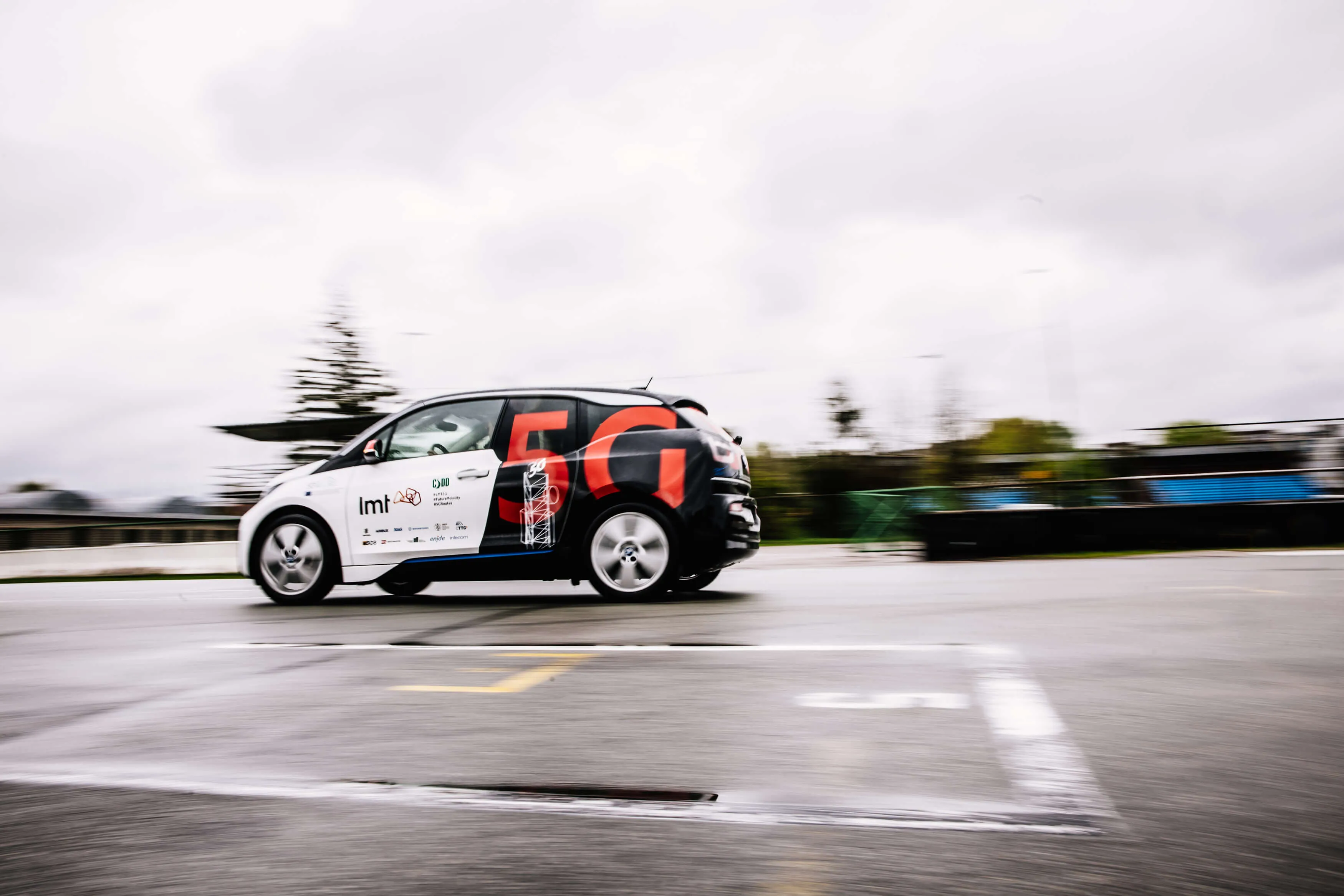
Over the next year, American soldiers will be testing autonomous vehicles as part of a competition by National Advanced Mobility Consortium (
The systems to be tested come from four shortlisted companies: a group compiled of Applied Research Associates, Neya Systems and Polaris; General Dynamics Land Systems; HDT Expeditionary Systems; Howe & Howe Technologies.
NAMC chose the companies after testing ten concepts under the Squad Multipurpose Equipment Transport vehicles project. Each company will receive up to $5 million towards the testing and trial of their system, according to NAM, the industry arm of the Defense Mobility Enterprise (DME).
The DME, which is focused on attracting organisations not already working with the government, speeds the acquisition process to ensure innovations assist soldiers as soon as possible. The DME also allows more commercial-type intellectual property protections.
NAMC says that since 2008 its R&D projects have yielded defence projects valued at more than $450 million. The group says that it is recognised as the effective, established consortium for research, development, prototyping and production for manned and unmanned autonomy-enabled military ground vehicle systems and related technologies in the US.
Booth 116









